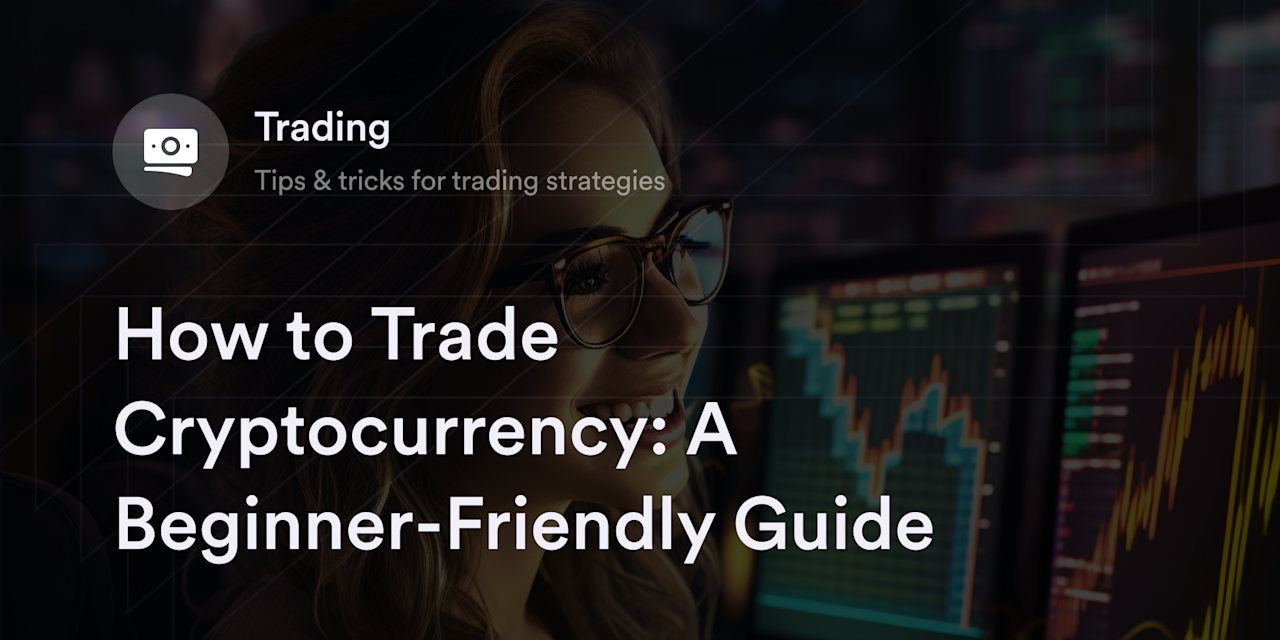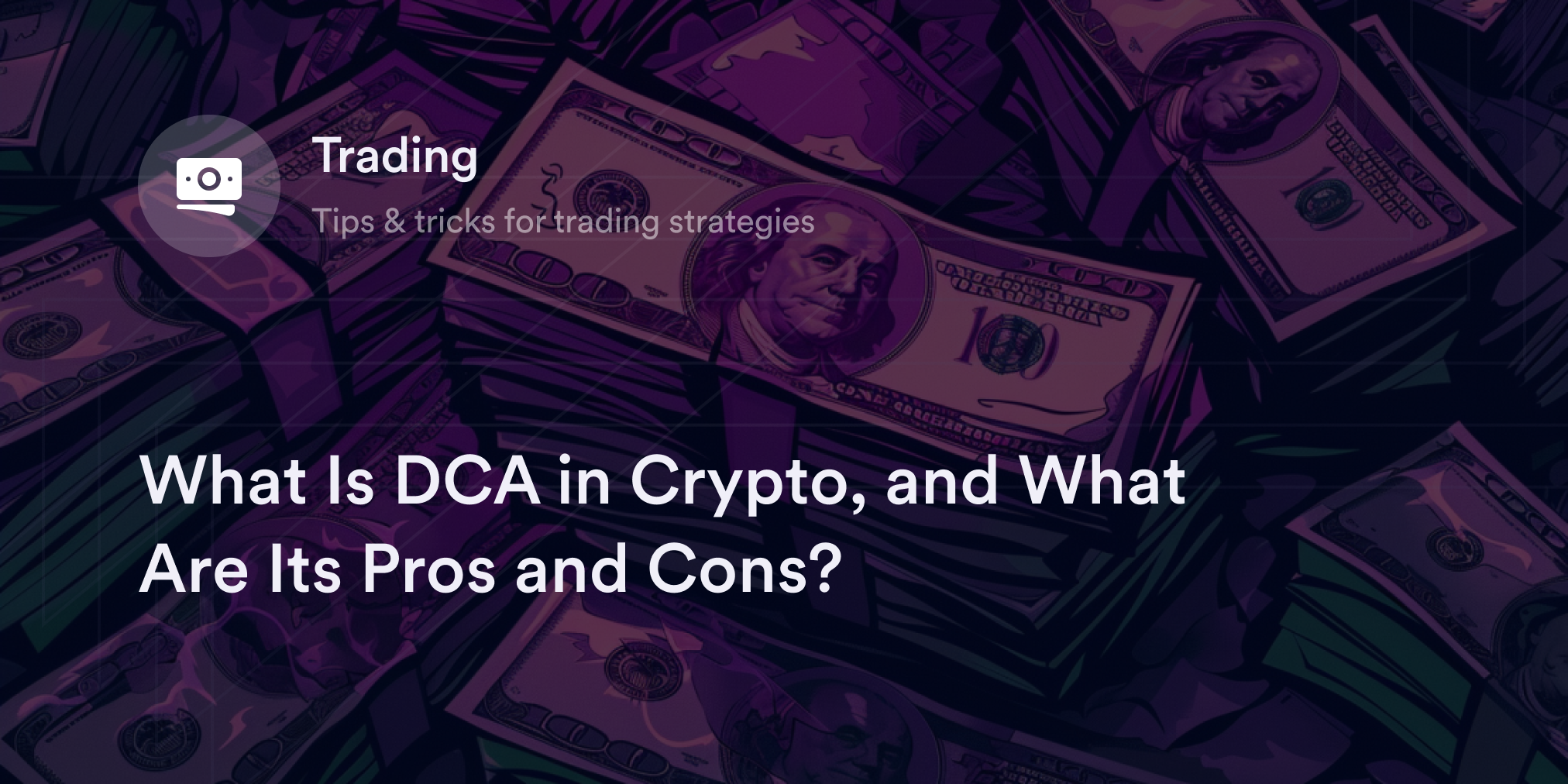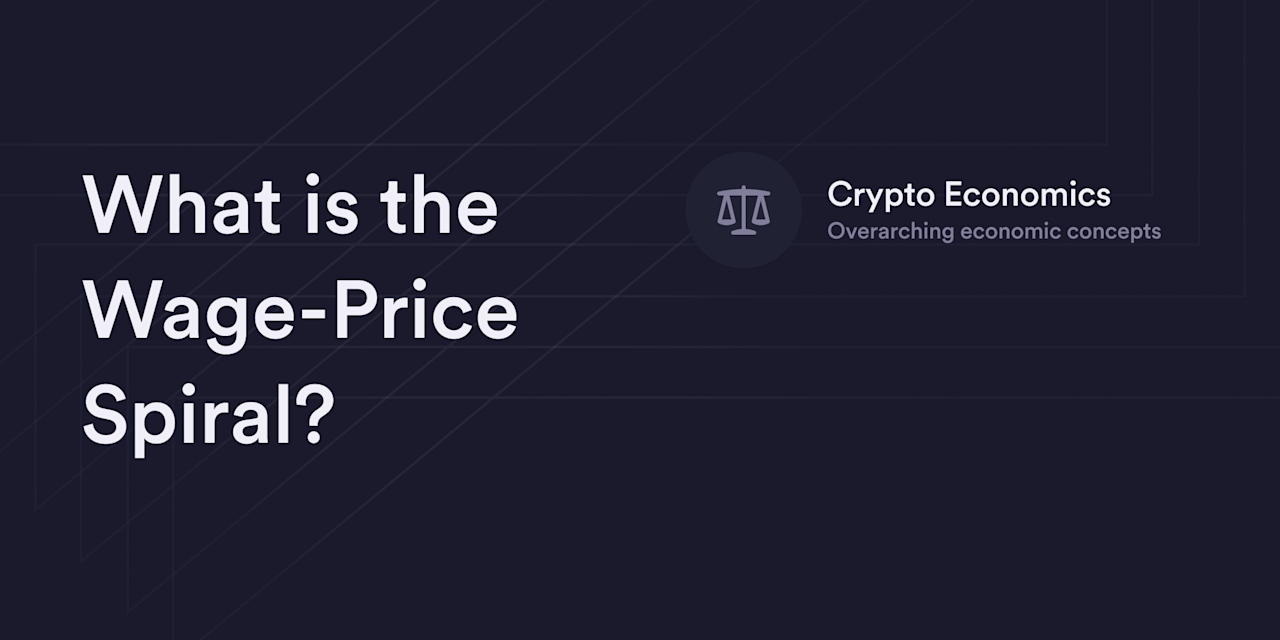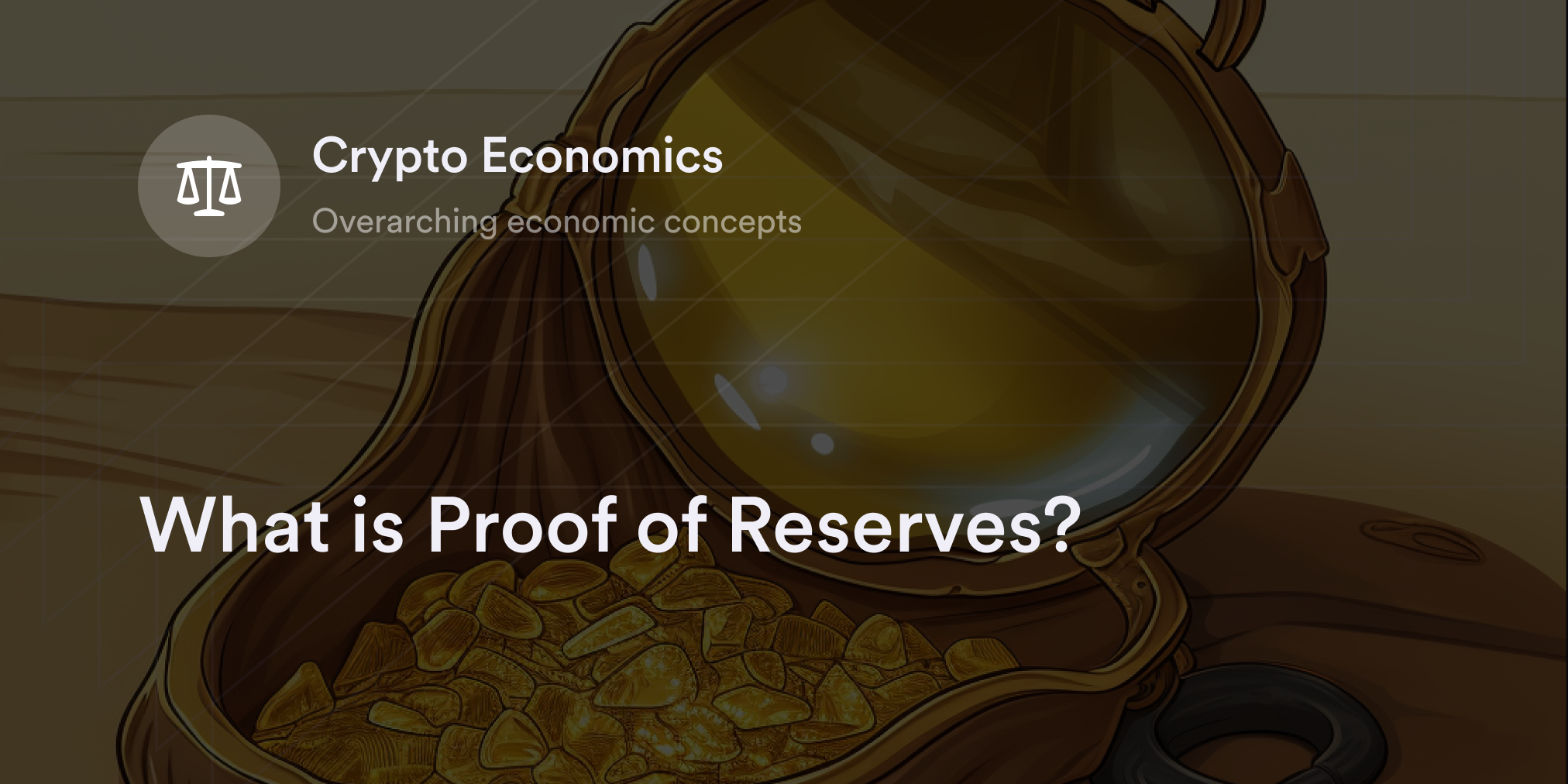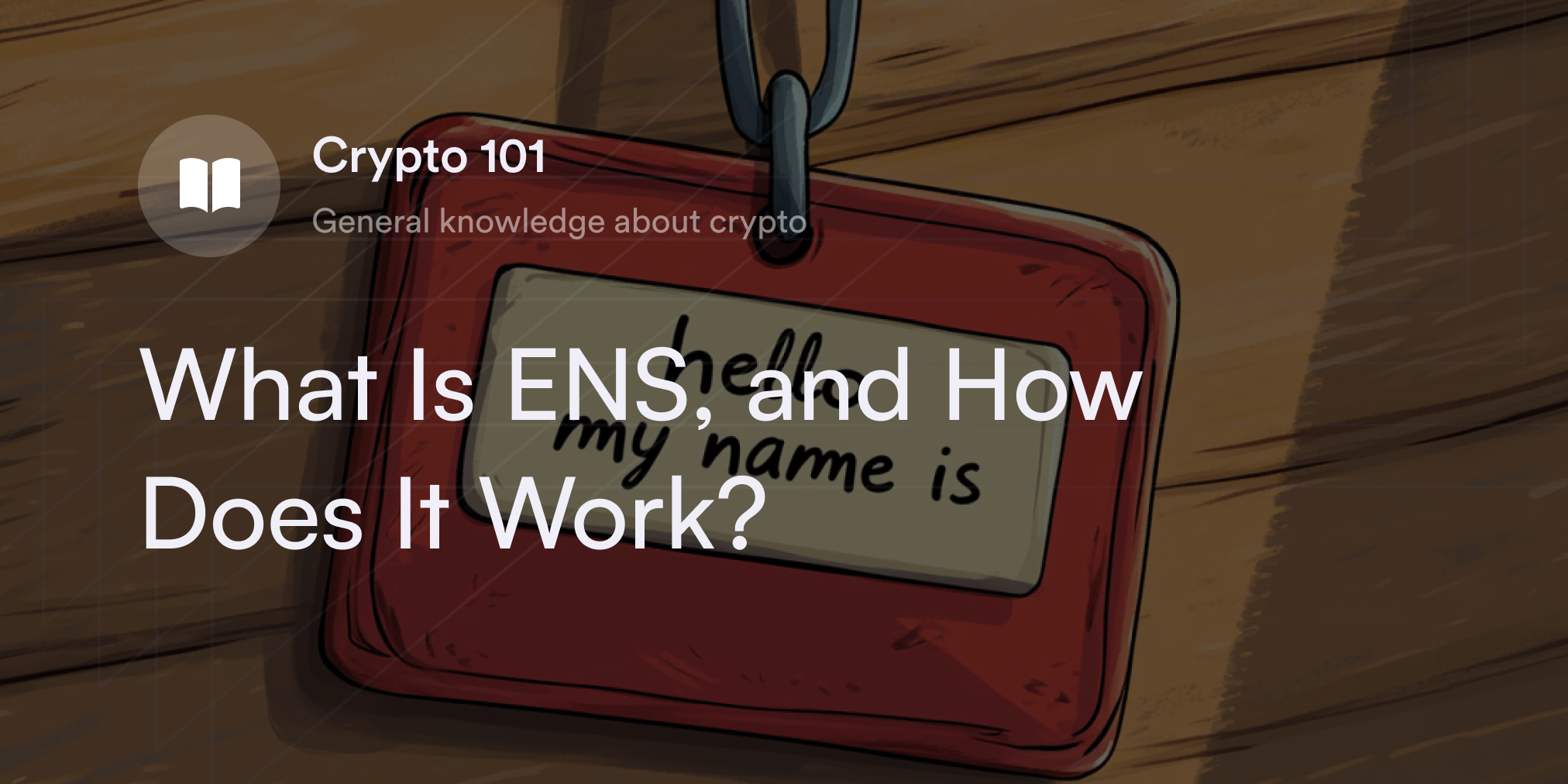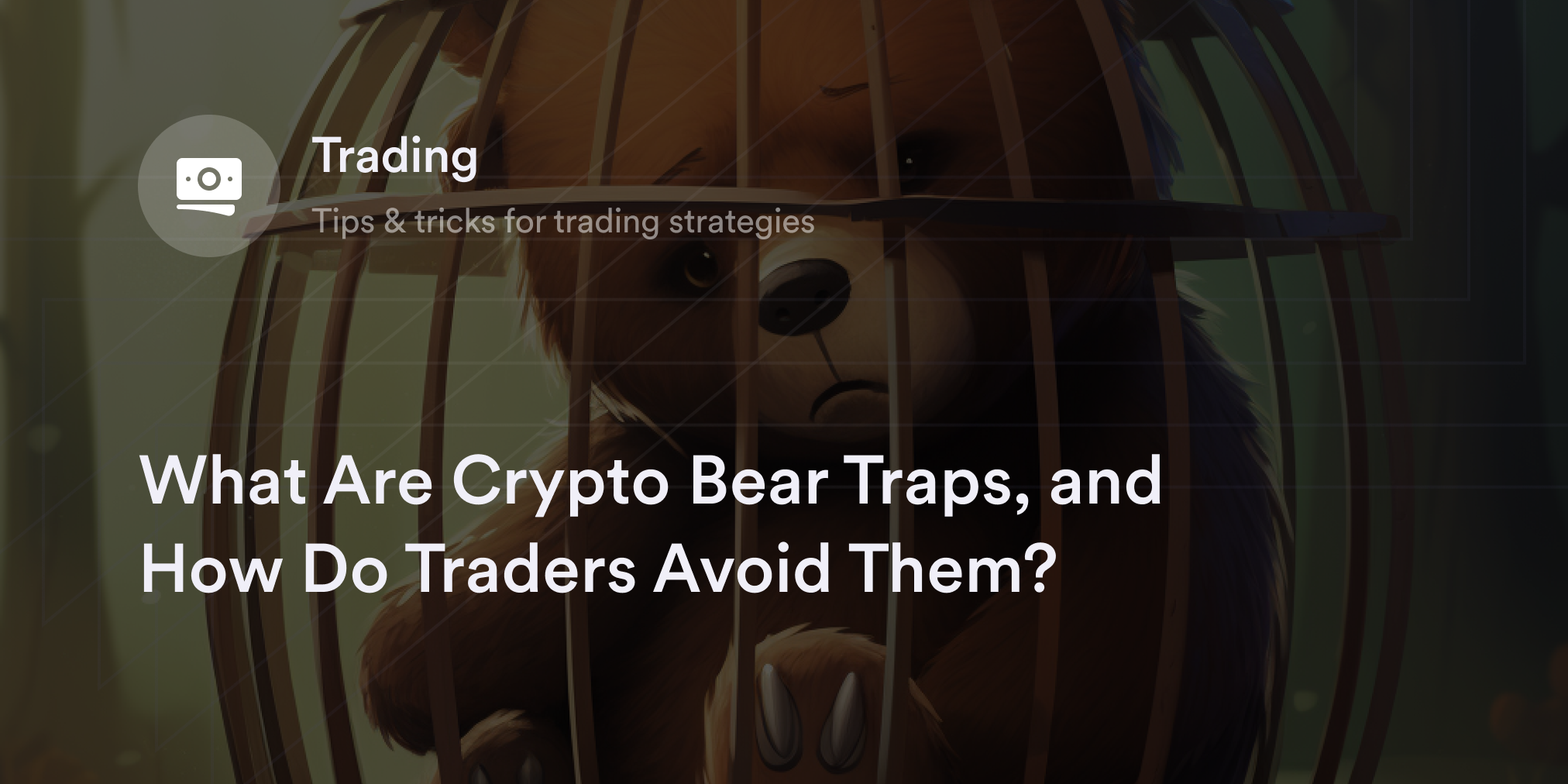
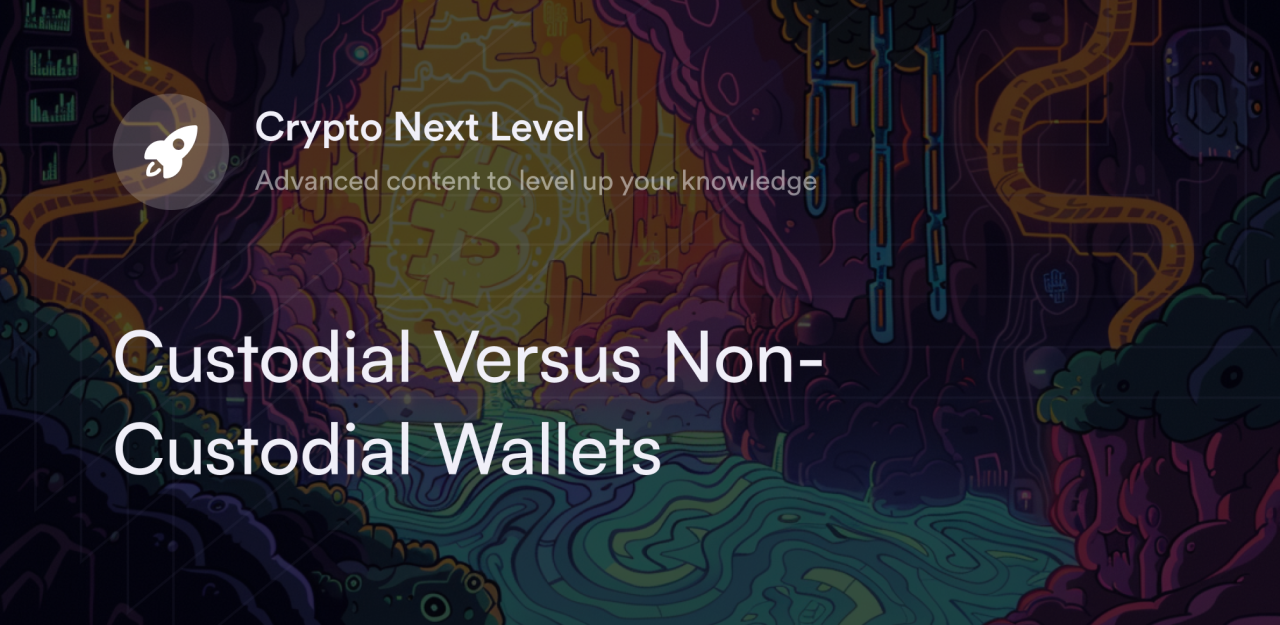

Trading cryptocurrencies requires a digital wallet. But not every wallet gives traders the same degree of control over their assets.
There are two main categories of cryptocurrency wallets: custodial and non-custodial. All wallets, physical or software, are managed with a combination of addresses called “private keys” and “public keys,” chains of encrypted alphanumeric characters. Public keys are similar to a mailing address—they allow the wallet owner to send and receive assets from friends, family, or businesses without granting access to what's inside the mailbox. Private keys are like the key to the mailbox, giving the individual who holds them full control over the contents. The difference between custodial and non-custodial wallets is who holds the private keys.
Both types of wallets come with unique benefits and risks. Investors must understand how custodial versus non-custodial wallets work to evaluate which storage option is best for them.
What is a Custodial Wallet?
Investors with custodial wallets don't know their private keys. Instead, a third-party entity, such as a crypto exchange or professional custodial service, controls the account.
Although people can still interact with the cryptocurrencies in their custodial wallets (or “exchange wallets”), they don't have complete control over their assets. Theoretically, a custodial provider could freeze all cryptocurrency on its platform anytime.
Most custodial wallets have terms and conditions prospective users must agree to before using them. In this sense, a custodial wallet functions like a bank account: Wallet holders only have rights over their digital assets up to a point defined by the custodian.
Custodial wallets are closely associated with centralized crypto exchanges (CEXs). After setting up an account on a CEX, a user can access dozens of custodial wallet addresses for cryptocurrencies like Bitcoin (BTC) and Ethereum (ETH). However, only the exchange knows the wallet's private keys. While every CEX trader can move their crypto on or off the exchange, the CEX has the power to restrict transactions, impacting the trader’s autonomy.
What is a Non-Custodial Wallet?
Non-custodial wallets give traders complete control over their digital assets. Only a wallet’s owner is shown the private keys, which they should keep to themself.
When someone opens a non-custodial wallet, they receive a list of random words known as a "seed phrase." The seed phrase acts as the private keys to the wallet, meaning anyone with this passcode can access the cryptocurrency inside.
Investors can also use the seed phrase to recover a lost wallet. For instance, if someone broke their phone and needed to redownload their mobile wallet on a new device, they could enter the seed phrase to restore their balance.
With a non-custodial wallet, traders don't have to trust a third-party exchange or company to safeguard their digital tokens. Instead, the responsibility for cryptocurrency storage falls on the individual wallet owner.
The Differences Between Exchange and Non-Custodial Wallets
The key distinction between custodial and non-custodial wallets is the ability to control the funds. Since custodial wallets don't give out private keys, they only grant users partial control over their cryptocurrencies. By contrast, non-custodial wallet holders have sole control over their assets.
Exchange and non-custodial wallets also differ in their privacy requirements. In most cases, non-custodial wallets don't require personal identification. However, many CEXs require customers to submit a photo of a government-issued ID, a social security number, and a home address to receive a custodial wallet.
Additionally, these two types of wallets can look very different. Custodial wallets are usually available as mobile or desktop apps. Although dozens of non-custodial wallets are also downloadable software, traders have the option to purchase a hardware wallet. These physical devices keep each user's private keys offline, which can help significantly reduce the risk of hacks.
Which Type of Wallet is Right for You?
There’s no one-size-fits-all rule for digital wallets—the right choice depends on a trader’s experience level, strategy, and priorities. That’s why reviewing the benefits and drawbacks of each cryptocurrency storage solution is important.
Custodial wallets
Exchange wallets are an attractive choice for new traders and those interested in frequent trading. Of course, these accounts also come with downsides.
Here are what some may consider the benefits:
Simple to set up and use: Many CEXs have beginner-friendly user interfaces that make trading and transferring crypto easy to understand. The setup process for joining a CEX is also straightforward and takes no more than a few minutes.
Access to customer support: If a trader has questions or concerns about their custodial wallet, they can contact the CEX's customer care division. While only a few crypto exchanges have phone support, most offer email and live chat features.
Potential insurance protections: Cryptocurrencies don't qualify for federal protections like the Federal Deposit Insurance Corporation (FDIC), but some CEXs hold funds in reserve to protect their clients. For instance, some have Secure Asset Funds for Users (SAFUs) to repay victims of cyberattacks.
Here are what some may consider the risks::
Exposure to third-party risks: Traders who hold cryptocurrency in a custodial wallet must trust their custodian will make good on the terms of the agreement. Although many reputable CEXs use advanced encryption technologies , there's always a chance they could suffer a major hack or withhold customer funds. Furthermore, if an exchange collapses, users lose access to their funds.
Reduced anonymity: Regulated CEXs use a process called "Know Your Customer" (KYC) to verify the identity of every client.. However, although KYC laws might help some centralized exchanges prevent issues like outside theft, they also make it easier for companies and regulators to trace every transaction back to the account holder and their government identity, not just a wallet address.
Not available in every country: Depending on each country’s regulatory framework, crypto trading may not be accessible everywhere. For instance, the People's Republic of China introduced a ban on crypto trading in 2021, making it illegal for CEXs to offer services there.
Non-Custodial Wallets
Non-custodial wallets are well-suited for long-term HODLing, but they’re not the best choice for everyone.
Here are what some may consider the benefits :
Full control over cryptocurrencies: Non-custodial wallets give traders the most control over their digital assets. Thanks to the private "seed phrase," there are no third parties between a wallet holder and their cryptocurrencies.
Hardware wallets are more hack-resistant: Hardware wallets can significantly lower the risk of cyberattack. Because these storage devices keep users’ private keys offline, remote hackers can’t get inside.
Easy to access decentralized applications (dApps): dApps are Web-based applications that run on blockchains like Ethereum and Solana. To interact with the latest dApps in Web3, traders need a non-custodial wallet to link with each protocol. Downloading a compatible non-custodial wallet means they can explore new fields such as play-to-earn games and decentralized finance (DeFi).
Here are what some may consider the risks:
No protections: The flipside of complete control is that traders have full responsibility for their funds. Non-custodial wallets have zero insurance protections and limited customer support options. If a trader loses their seed phrase, their crypto could be gone for good.
Need for technical skill: Although some software wallets have a beginner-friendly user experience, wallet holders still need to know how to send and receive cryptocurrency to use them. Traders new to the cryptocurrency ecosystem must spend extra time learning how these wallets function to make secure transfers.
Inconvenient access: Private crypto wallets that are physical devices are less convenient to use. While traders can access an app on a mobile or desktop device from almost anywhere, they must have their hardware wallet and a PC to send, receive, or spend cryptocurrency.
Where to Find Cryptocurrency Wallets
To open a custodial wallet, a trader must set up an account with a CEX registered to operate in their home country. Big cryptocurrency exchanges like Coinbase and Kraken, have official websites and mobile apps people can use to submit their KYC information and access exchange wallets. Cryptocurrency price aggregator websites like CoinMarketCap and CoinGecko have exhaustive lists of the leading CEXs with official links to sign-up portals.
When it comes to non-custodial wallets, dozens of internet-based apps are available for iOS and Android devices. Many mobile wallets—such as Trust Wallet, Coinbase Wallet, and Rainbow Wallet—are free to download on Google Play and the App Store. There are also official websites for desktop wallets, like MetaMask, where users can download a wallet onto their internet browser.
For the extra protection of a hardware wallet, manufacturers like Ledger, Trezor, and ShapeShift sell various USB devices on their official websites. Ordering hardware devices directly from the manufacturer lowers the risk of downloading malware.
Does dYdX use Custodial Wallets?
dYdX is a non-custodial decentralized exchange (DEX), meaning we don't issue traders centralized custodial wallets. Since dYdX is a dApp on the Ethereum blockchain, traders can link their preferred non-custodial wallet to make peer-to-peer crypto transactions. A few supported non-custodial wallets on dYdX include:
MetaMask
Trust Wallet
Coinbase Wallet
Rainbow Wallet
Learn how to Safely Link Your Wallet to Your dYdX Account
dYdX understands that crypto terminology is complicated—that's why we've put together dozens of beginner-friendly guides on basic blockchain topics.
Check out our blog and YouTube channel to learn more about dYdX and our product. You can also browse our academy and improve your understanding of crypto and trading strategies. Head to our main page to start trading on dYdX today!
Disclaimer
The content of this article (the “Article”) is provided for general informational purposes only. Reference to any specific strategy, technique, product, service, or entity does not constitute an endorsement or recommendation by dYdX Trading Inc., or any affiliate, agent, or representative thereof (“dYdX”). Use of strategies, techniques, products or services referenced in this Article may involve material risks, including the risk of financial losses arising from the volatility, operational loss, or nonconsensual liquidation of digital assets. The content of this Article does not constitute, and should not be considered, construed, or relied upon as, financial advice, legal advice, tax advice, investment advice, or advice of any other nature; and the content of this Article is not an offer, solicitation or call to action to make any investment, or purchase any crypto asset, of any kind. dYdX makes no representation, assurance or guarantee as to the accuracy, completeness, timeliness, suitability, or validity of any information in this Article or any third-party website that may be linked to it. You are solely responsible for conducting independent research, performing due diligence, and/or seeking advice from a professional advisor prior to taking any financial, tax, legal, or investment action.
You may only use the dYdX Services in compliance with the dYdX Terms of Use available here, including the geographic restrictions therein.
Any applicable sponsorship in connection with this Article will be disclosed, and any reference to a sponsor in this Article is for disclosure purposes, or informational in nature, and in any event is not a call to action to make an investment, acquire a service or product, or purchase crypto assets. This Article does not offer the purchase or sale of any financial instruments or related services.
By accessing this Article and taking any action in connection with the information contained in this Article, you agree that dYdX is not responsible, directly or indirectly, for any errors, omissions, or delays related to this Article, or any damage, injury, or loss incurred in connection with use of or reliance on the content of this Article, including any specific strategy, technique, product, service, or entity that may be referenced in the Article.
